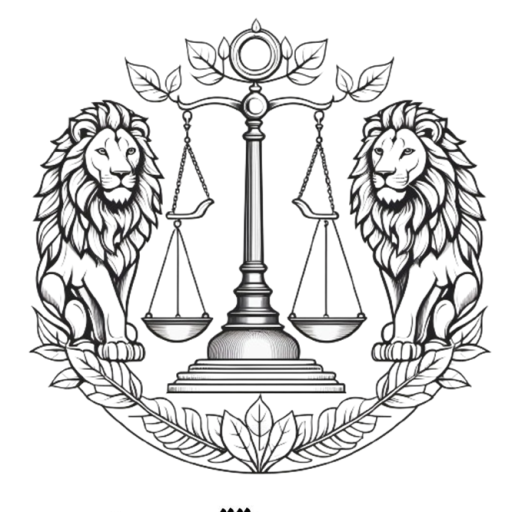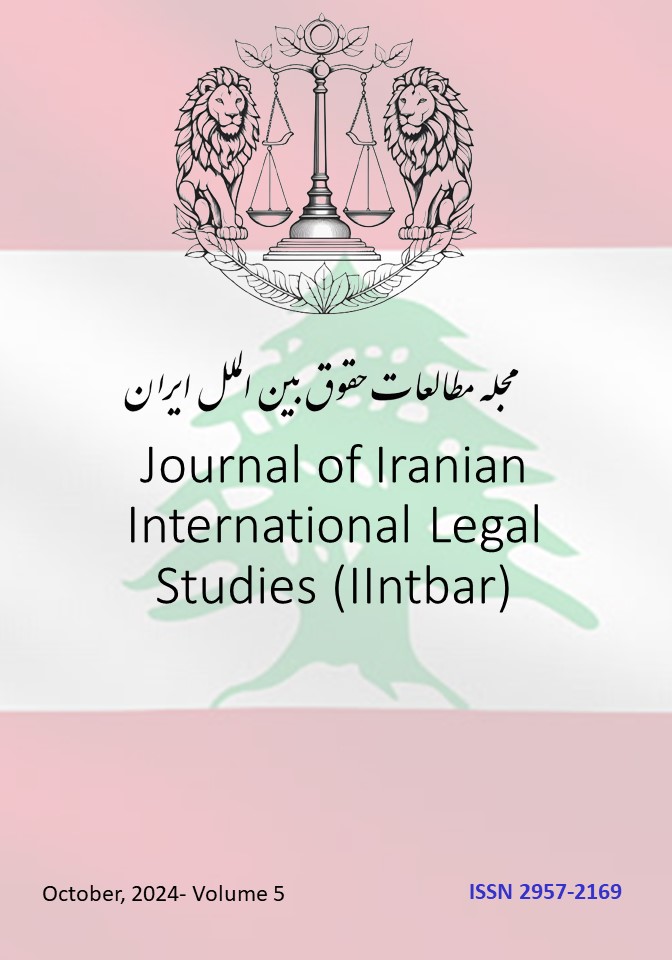Nasim Amiri Ghadi 1, Amirali R. Davoudpour 2
- Faculty of Anthropology and Cultural Studies, Adam Mickiewicz University in Poznan-Poland
- Iranian Canon of Medicine and Law, Administrative Wing of Law and Healing Association, Iranian Watchdog of Medicine and Law, Tehran-Iran
Email of the corresponding author: davoudpour@canmedlaw.org
Accepted and published October, 2024; DOI:https://doi.org/10.5281/zenodo.14028348
This article is published under CC BY 4.0 creative common license that Allows others to distribute, remix, adapt, and build upon the work, even commercially, as long as they credit the original creator.
Abstract
This paper explores the concept of reverse psychology as it applies to the transformation of cultural and intellectual symbols, focusing on the swastika as a case study. Once a universal symbol of good fortune and harmony originating in Asia, the swastika was repurposed by the Nazi regime in Germany, becoming associated with violence and supremacy. This ideological shift demonstrates how the symbolic identity of cultural artifacts can be dramatically altered when appropriated by external entities for political agendas, which often results in the cultural and psychological alienation of the symbol’s original communities. The paper further investigates the implications of such cultural appropriations for contemporary society and the efforts to restore the swastika’s original significance. The concept of reverse psychology of ancient cultural heritage also applies to the concept of Mazda (ancient Persian God of righteousness) currently being used as a brand in automotive industry which needs careful consideration.
Keywords: Intellectual property rights, Mazda, Swastika, Nazi Germany, Hakenkreuz

